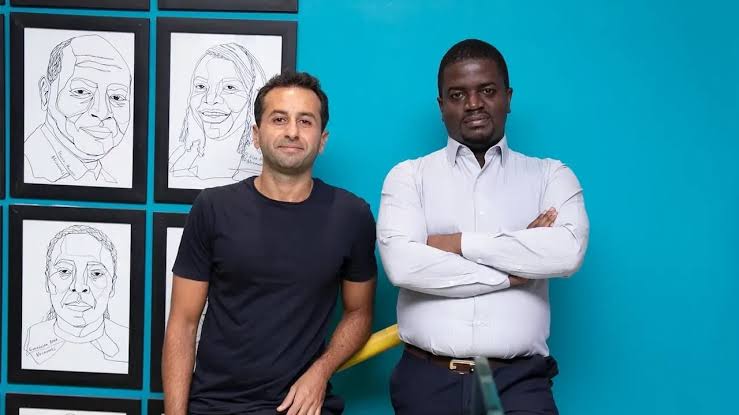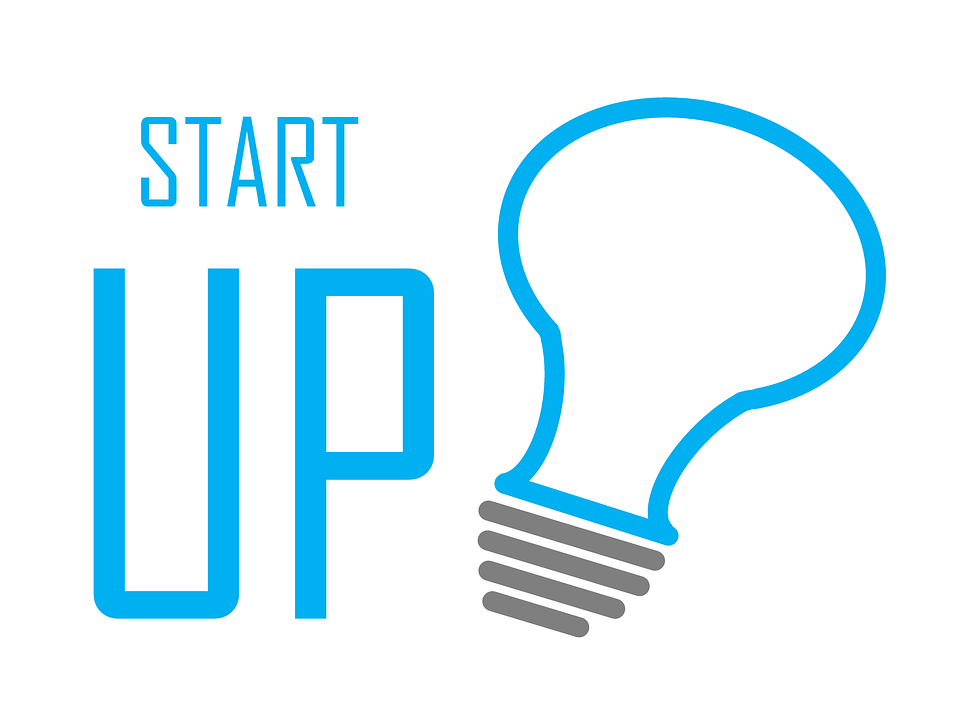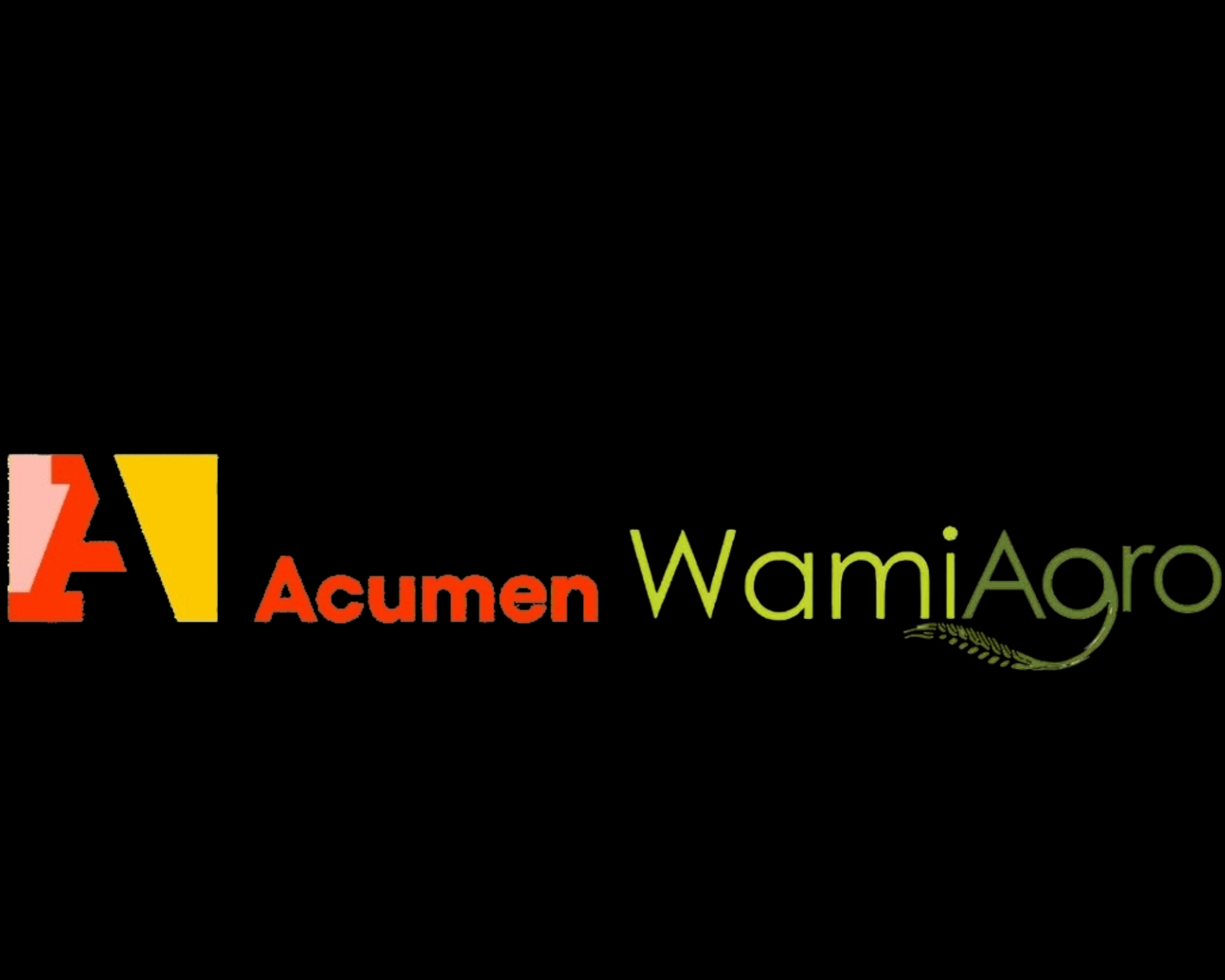Morocco has reaffirmed its status as a digital powerhouse following a high-level press conference held on April 9 in Rabat, ahead of the third edition of GITEX AFRICA Morocco. The landmark event, set to take place from April 14 to 16, 2025, in Marrakech, will host Africa’s largest technology startups.
Organised by KAOUN International and hosted under the high patronage of His Majesty King Mohammed VI, the gathering signals Morocco’s strategic role as a gateway to Africa’s digital future. Backed by the Ministry of Digital Transition and Administration Reform and the Digital Development Agency (ADD), the event highlights Morocco’s commitment to becoming a regional innovation hub and a central player in Africa’s transformation through technology.
Investing in skills and infrastructure for Africa’s digital rise
For Morocco, hosting GITEX AFRICA reflects the country’s commitment to a sustained national policy.
Related Post: Morocco, France boost green energy partnership with power link projects
“Morocco’s choice to host this major continental event… is the result of rigorous and sustained work aimed at making our country a regional digital hub,” said Amal El Fallah Seghrouchni, Minister of Digital Transition and Administration Reform.
She added that this is in line with the High Royal Guidelines to train skilled professionals in digital fields, strengthen responsible digital culture, and build infrastructure that meets global standards.
Mr. Mohammed Drissi Melyani, Director General of the Digital Development Agency, also explained that “GITEX Africa Morocco has become a major annual milestone on the global tech agenda and a defining moment in the continent’s digital transformation. It seamlessly blends innovation, investment, research, and institutional collaboration, making it much more than a simple technology exhibition. It reflects the vision of a continent that no longer settles for consuming technology but is determined to create it—one that doesn’t just keep pace with innovation but plays an active role in steering its course.”
Startups, funding and partnerships take the spotlight
As Africa’s startup scene bounces back with over $2 billion in funding, investors are arriving in droves. More than 350 investors from 35 countries — including Techstars, Ventures Platform, and AFRICINVEST — will attend the event, backed by a combined $200 billion in assets under management.
Related Post: Morocco’s cybersecurity lapses expose businesses and government to phishing, data theft
The European Innovation Council and the International Finance Corporation are set to highlight African innovators, including 10 standout women-led startups from the IFC’s SheWins Africa programme.
Adding to the excitement is the Supernova Challenge, Africa’s largest startup pitch competition, and the presence of Awa Gueye from Wave Mobile Money, one of Africa’s top fintech unicorns.
Global tech giants and new nations join the digital conversation
The 2025 edition will feature 1,450+ exhibitors, including global tech players like Cisco, Ericsson, Nokia, and Salesforce, alongside new entrants from Gabon, Niger, and Zambia. International delegations from Belgium, Switzerland, and Uzbekistan will also be participating for the first time.
Trixie LohMirmand, CEO of KAOUN International, described the moment as a turning point: “This third edition of GITEX AFRICA Morocco shall usher the African economies into the epoch of AI evolution. Great opportunities for businesses and societies ensue, but first with the collective commitment to develop capacity for the transition.”
Closing the gap: Challenges ahead for the digital agenda
While the energy around Africa’s digital rise is unmistakable, there are still critical hurdles to address. From inadequate infrastructure in rural areas to digital skill shortages and fragmented regulatory systems, the path to a fully digital Africa isn’t without its obstacles.
The success of events like GITEX AFRICA depends on sustained collaboration between governments, private investors, and educational institutions, to ensure the momentum benefits every corner of the continent.









